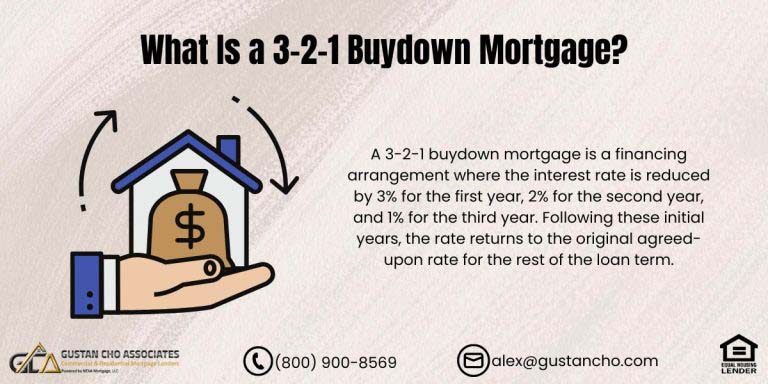This article on FHA Versus Conforming Mortgage Rates On Purchases And Refinances
There two types of home loan programs:
- Government Loans
- Conventional Loans
There are three types of government loans:
- FHA Home Loans
- VA Loans
- USDA Loans
Conventional Loans are often called conforming loans.
- The reason being so is conventional loans need to conform to Fannie Mae and/or Freddie Mac Agency Guidelines
- Conforming loans are not government loans
- They are private home loan programs. FHA Versus Conforming Mortgage Rates is dependent on the borrower’s credit scores
- Conventional loans are more credit sensitive than government loans
FHA Versus Conforming Mortgage Rates Explained
There is a misconception out there that credit scores have no impact on mortgage rates on FHA loans because it is insured by the government.
- This is not correct. FHA mortgage rates still depend on many factors, especially credit scores
- There was a recent blog published by a so-called mortgage expert that stated that borrowers will get the same mortgage rate at 580 versus 850 credit scores
- This is not true. In general, rates are lower on FHA versus Conforming Mortgage rates
- However, any borrower with lower credit scores will get a major pricing hit on rates
- Pricing adjustment hits is also referred to as LLPA (Loan Level Pricing Adjustments)
Conventional loans have much more LLPAs when it comes to rate pricing.
FHA Versus Conforming Mortgage Rates And Pricing Adjustments
There are pricing adjustments on all loan programs.
- Every loan program has its own pricing adjustments
- Prior bankruptcies and/or housing events do not have an effect on mortgage rates
- Credit scores and the type of properties do
- Lower credit scores mean higher mortgage rates
- Loan-Level Price Adjustments are different for the various loan programs
It is up to the lender to create its pricing adjustment matrix.
FHA Versus Conventional Loans On LLPA
Loan Level Pricing Adjustment is different on FHA versus Conventional loans.
- There are no pricing adjustments on FHA loans since they are guaranteed by the government
- There are LLPAs on conventional loans since conforming loans are not insured and/or partially guaranteed by the government
- FHA loans require a one time upfront 1.75% FHA mortgage insurance premium
- FHA also requires a 0.85% annual mortgage insurance premium for the life of a 30 year fixed-rate FHA loan
- Conventional loans require private mortgage insurance (PMI) for the loan to value higher than 80%
- The higher the loan to value, the higher the pricing adjustments which means higher mortgage rates
Private mortgage insurance on conventional loans can be canceled if the homeowner has at least an 80% loan to value. If the loan to value falls down to 78% LTV, the lender needs to automatically cancel the private mortgage insurance. Homeowners with at least an 80% LTV can request the lender to cancel their private mortgage insurance.
Common And Typical Loan Level Pricing Adjustments
Some common pricing adjustments charged by mortgage companies are the following:
- Loan-to-value LLPAs
- Credit scores
- Debt to income ratios
- Manual versus automated underwriting system
- Loan purpose and the type of loans
- Cash-out versus rate and term refinance mortgage
- Type of occupancy (Owner-occupant, second home, investment property)
- Type of property such as a condo, single-family, townhome, or multi-family units
- The number of units such as a single-family, two-unit, three-unit, or four-unit
- County and state the property is located
Not all LLPAs are the same at all lenders. One lender may not have an LLPA where another lender does. Some lenders may have Loan Level Pricing Adjustments on Chapter 13 since these types of loans are manual underwriting files.










